 Where Identity Politics Leads
Where Identity Politics Leads
Donald Trump has recently made some bullying remarks about the Hispanic
judge who is overseeing a lawsuit against the now-defunct Trump
University. As Rusty Reno at First Things points out,
this is unseemly and inappropriate for a national leader, or one who is
trying to become one. But what many commentators have overlooked is
that he was simply using a type of argument that has become part and
parcel of American life in the last few decades.
To be clear, I'm not attempting to justify Trump's remarks. (To show how mistaken Trump was about Judge Curiel, see this CNN story.)
But the incident strikes me as another ironic moment when something
designed to bridge differences and encourage national unity actually
makes our lives more divided as mutual suspicion only rises. The law of
unintended consequences and all that.
It suggests to me that as important as diversity initiatives are—and
they are absolutely vital for the future of our nation—they cannot
address the deeper problem that fuels our divisions—the sinful heart.
But perhaps the church can help with that.
| ||
 'Death by GPS'
'Death by GPS'
On the technology front, there is some bad news about one of my favorite
gizmos: GPS-driven maps. Especially when traveling, I can navigate a
new city like a native with the help of a GPS. But apparently some
people in some locales depend them beyond common sense, which can have fatal consequences.
| ||
 The Need for Obedience
The Need for Obedience
Obedience
has become a dirty word in our egalitarian culture, and for good
reason. We know too many instances of "blind obedience" leading to
tragedy. But if you really want to grow spiritually, you have to learn
obedience, apparently. That's the word from spiritual leaders from the
last 2,000 years of church history—like St. Gregory Palamas, a revered
monk in the Eastern Orthodox world, but also someone quoted often in the
West, by the likes of John Paul II for example. Father Michael Gillis
summarizes Gregory's view on obedience and its application today,
even if you're not a monk. It's a slow warm-up, so you might want to
skip to the fifth paragraph, which begins, "Obedience is a scary word
nowadays."
| ||
Grace and peace,
| ||
| ||
Friday, June 10, 2016
What to Do with Trump - Evangelicals wring their souls
What to Do with Trump
Evangelicals continue to wring their souls over Donald Trump. Michael Gerson at the Washington Post, in urging evangelicals to avoid Trump, practically calls the candidate the Antichrist. A longer examination by Alan Noble, frequent CT contributor, argues why evangelicals should vote for neither Trump nor Clinton.
On the other hand, 500 leading evangelicals have been invited by Trump to a meeting in New York in a couple of weeks, the assumption being he will seek their endorsement.
On the other other hand: I was at a meeting attended by, among
others, a number of evangelical leaders of what might be called
"establishment evangelicalism" (CT, World Vision, National Association
of Evangelicals, and so forth—none of whom have been invited to the
meeting above). One participant said that if this group of 500 endorses
Trump, he no longer will want to be identified as an evangelical. As you will recall, Southern Baptist and political activist Russell Moore has been feeling this way for some time.
Finally, there is CT columunist Ed Stetzer's winsome plea for civility in this contentious election: "Lord, I Thank Thee That I Am Not like Those Evangelical Trump Supporters."
Subscribe to:
Post Comments (Atom)





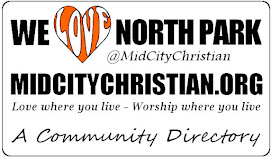



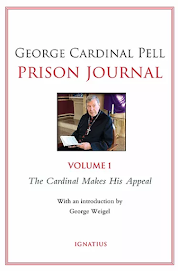

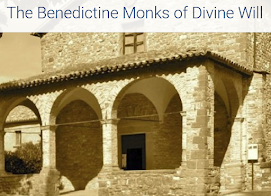


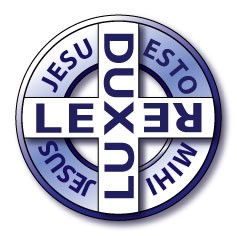

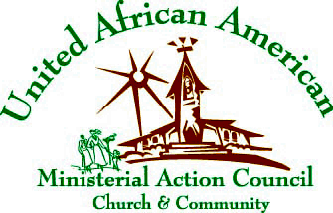

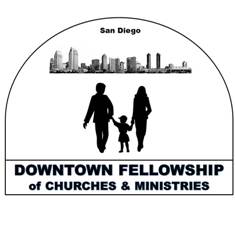




No comments:
Post a Comment